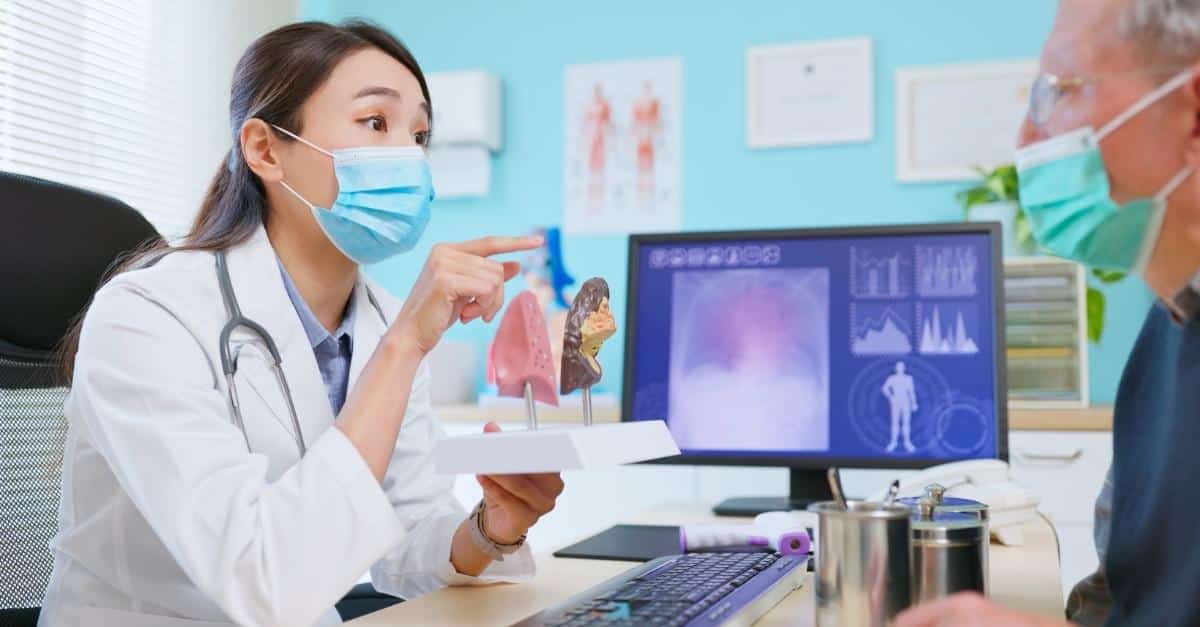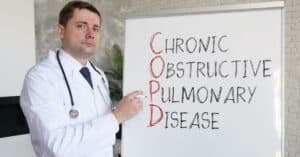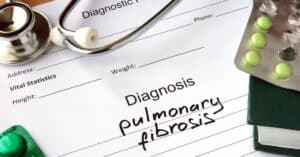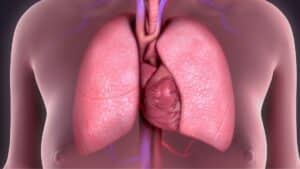After learning information about chronic obstructive pulmonary disease (COPD), the COPD stages, prognosis and life expectancy, and specifics about stage 1 COPD, it’s time to go in-depth in the next COPD stage: moderate COPD or stage 2 COPD.
Because each stage of COPD differs in symptom severity, rate of progression, and how COPD affects your life, having a good understanding of each stage is important.
This article will focus on what you need to know about stage 2 COPD.
Determining Stage 2 COPD
It’s important to know that there are four total COPD stages, which range from mild to very severe.
As with determining any stage of COPD, your doctor will take a detailed medical history, perform certain lung function tests and take into account how COPD affects your life.
If you’re in stage 2 COPD, you’ve likely had pulmonary function tests, which include spirometry.
It’s normal to have multiple pulmonary function tests over time. Having lung function tests helps your doctor keep track of how your lungs are doing and how well your COPD treatment is working.
Often, your doctor will compare your old pulmonary function tests with your newer ones.
Similar to determining stage 1 COPD, your doctor may use the GOLD System and the BODE Index to figure out your stage of COPD.
In the GOLD System, stage 2 COPD is categorized as moderate COPD with a FEV1 (forced expiratory volume in one second) between 50 and 80 percent of normal lung capacity.
Stage 2 COPD
During stage 2 COPD or moderate COPD, airflow limitation begins to worsen, becomes more noticeable and can be easily seen on spirometry.
Symptoms such as coughing and sputum or phlegm production will increase in stage 2 COPD.
Many people feel increased breathlessness, especially during physical activity like walking.
Because the increase in breathlessness, coughing and mucus production have worsened during stage 2 COPD, many people seek medical help from their doctors.
Typically, stage 2 COPD decreases your lung capacity to 50-79 percent.
Treatment Options
Because there is not a cure for COPD and it’s a progressive disease, your doctor will work with you to develop or modify your treatment plan.
In stage 2 COPD, you may need different medications than you used for stage 1 COPD.
Remember, COPD affects everyone differently, so your COPD treatment plan will likely change over time to fit your current treatment needs.
Depending on your stage 2 COPD symptoms and disease progression, your doctor may prescribe various medications, such as short and long-acting bronchodilators, flu and pneumonia vaccines, combination inhalers and even antibiotics.
Your doctor may also recommend that you participate in pulmonary rehabilitation, a program combining exercise, education, and support to help people learn to breathe and function at the highest level possible.
Pulmonary rehabilitation is a medically supervised program.
Lifestyle Modifications
For people in any stage of COPD, your doctor may recommend certain lifestyle modifications, such as quitting smoking, avoiding triggers, eating a healthy diet, and getting enough exercise.
In fact, these lifestyle modifications have been shown to help people live a more active life.
Many people have benefited from alternative COPD treatments, such as acupuncture, chiropractic care, medications, and lifestyle modifications.
Always discuss options with your doctor before seeking any alternative treatments.

Christine Kingsley, APRN is the Health and Wellness Director at the Lung Institute where she focuses on providing helpful online resources for people looking for information on various lung diseases, breathing exercises, and healthy lifestyle choices. She advocates for holistic care that involves working with your doctor to explore all options including traditional and alternative care while focusing on diet and exercise as proactive measures.









